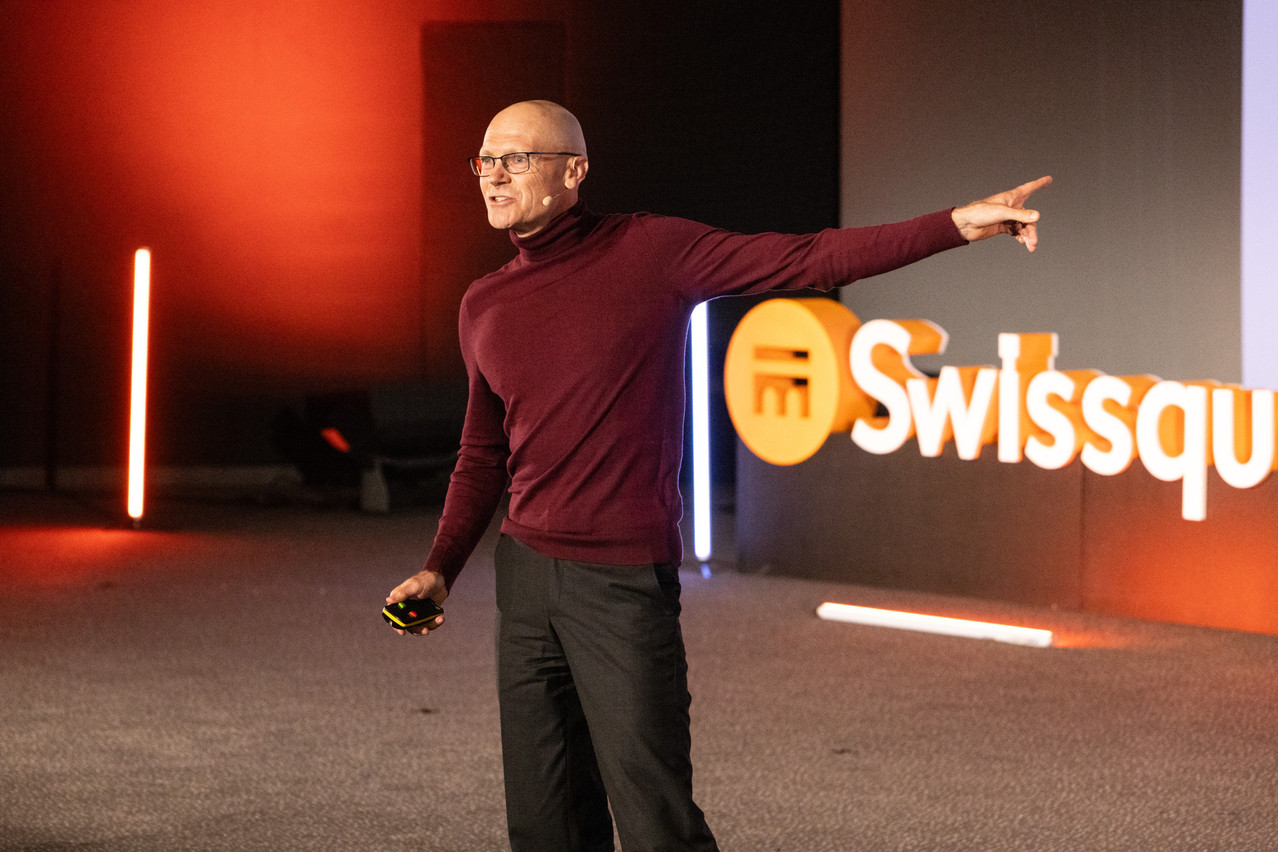Achieving success as an investor demands more than just financial acumen, it requires a profound understanding of one’s own mindset and how it influences investment decisions. That’s according to Andrew Hallam, author of “Balance: How to Invest and Spend for Happiness, Health, and Wealth”, who spoke during the Swissquote Investment Day held in Luxembourg on 14 March 2024. Hallam delved into the essence of developing the mindset of a great investor and explaining the benefits of long-term investment strategies. His comments focused on ETFs, regular investing and avoiding speculation.
Odin’s charge and Loki’s influence
Hallam introduced the audience to the intriguing analogy of Odin, the Norse war god, assigning Loki, the Norse god of mischief, to oversee the stock market. Despite Loki’s reputation for trickery, he was tasked with ensuring that global stock markets yield a compounded annual return of 7% to avoid dire consequences. Hallam noted that Loki, in this scenario, would manipulate human emotions such as fear and greed, steering investors away from earning optimal returns by fostering speculative behaviour and “chasing rising assets.”
Through historical examples, he underscored the importance of maintaining a long-term perspective despite short-term market volatility. “Let’s look at the worst 30-year period in US stock market history [1929-1959]. From 1929 until the market’s low point in 1932, the US stock market dropped 87%,” he explained. “To put that in perspective, after a drop of 87% You need to gain 669% just to get back” to where you started.
“Despite the biggest crash in history, US stocks averaged over 8% per year from 1929 to 1959. That would have turned a $10,000 investment made in January 1929 into over $111,000, 30 years later,” he noted.
Raphael’s investment duration
Hallam clarified the concept of investment duration using the hypothetical scenario of “Raphael”, a diligent investor. By aligning investment duration with one’s working lifespan, individuals can strategically contribute to their portfolios over time, ensuring financial security in retirement. Hallam emphasised the significance of adopting a disciplined approach to investing, wherein consistent contributions and prudent asset allocation play pivotal roles.
“If you inherited a big lump sum invest it right away, your odds of success are best when your money has more time in the market.”
Passive investing and dollar-cost averaging
Hallam advocated for a passive investment approach characterised by globally diversified portfolios of low-cost ETFs. He highlighted the advantages of dollar-cost averaging, whereby investors contribute a fixed amount regularly, regardless of market fluctuations.
“I have globally diversified portfolio of ETFs at the lowest possible costs, trying to ensure that portfolio is globally diversified and passive. Why passive? Passive means nobody is trading stocks within [the fund]. If you own a fully globally diversified portfolio of index funds, there isn’t an active trader at the helm, you own simply the entire market.”
“While you are working, add money to your portfolio every month, or whenever you have the money, [with] no speculating. Don’t speculate about what you think will be the right time... you will also end up paying a lower-than-average price through dollar-cost averaging.”
Ignore the noise
“Don’t speculate. Don’t adjust your portfolio allocation based on what somebody says they’re going through this year.”
Hallam urged investors to resist succumbing to market noise and short-term fluctuations driven by human emotions. Drawing from economic principles and behavioural finance, he emphasised the importance of maintaining a steadfast commitment to one’s investment strategy, regardless of external influences, and staying focused on long-term objectives.
Retiring in Europe?
For retirees in Europe, Hallam advised the attendees to purchase an “all-in-one portfolio of ETFs.” (ETFs are a featured product on the event organiser’s platform.) As for the portfolio allocation considerations, he said “it’s important to note that a higher allocation to bonds typically reduces volatility but also lowers long-term return expectations. Conversely, a higher allocation to stocks increases the likelihood of long-term success despite greater short-term volatility.”
